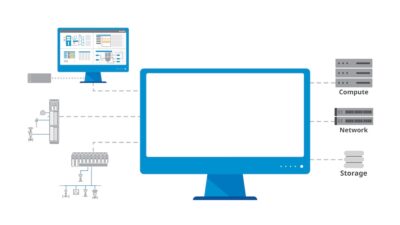Think Again: 7 quick tips can help engineers improve writing and editing. Use this advice on your next piece.
Poor project documentation is the downfall of many projects, and writing skills are the downfall of many engineers, suggests Dennis Brandl in this month’s “Engineering and IT Insight” titled, “Bad project documentation: Break the habit,” on page 16.
Brandl, who also writes and rewrites a lot as a consultant and standards editor, observes that manufacturing IT, automation, and control projects improve with complete, correct, and well-written documentation. Why do some engineers have trouble writing?
“There may be something in the engineer’s brain that is at odds with clear and effective writing skills, or it may be that engineers have not learned critical writing skills. Poor documentation habits are often accompanied by poor review habits. Many engineers don’t even know how badly they write because their documents are reviewed for technical correctness but not for completeness, clarity, and readability,” Brandl said.
Perhaps engineers are so excited about engineering, they want to get on with that. Unfortunately, poor writing can reflect badly on good engineering. Seven tips follow on how engineers can improve writing and editing.
1. Know the purpose and goals of the document.
2. Write an outline. Like a sketch for a design, an outline helps keep the piece on track.
3. The introduction or lead should summarize and present the most important aspects of what’s to follow. Each section of a longer piece should do the same.
4. Review and mark up the piece, once for completeness and again for clarity. Even the simplest engineering project gets revised and improved before it’s done. Writing is similar. If there’s time, let it sit a day or two, and review it again. Let a coworker, especially one not involved in project details, review and mark up the document or at least discuss weaknesses.
5. Revise, observing notes and edits. Get to the point. Eliminate excess words.
6. Look again at the conclusion. Often by the ending, there’s a clearer understanding of the subject. Just when you thought you were done may be the best time to revise the beginning.
7. Finished? Think again. Read it out loud. You’ll find at least three more things to fix.
–
Write for Control Engineering. See details at www.controleng.com/contribute.



